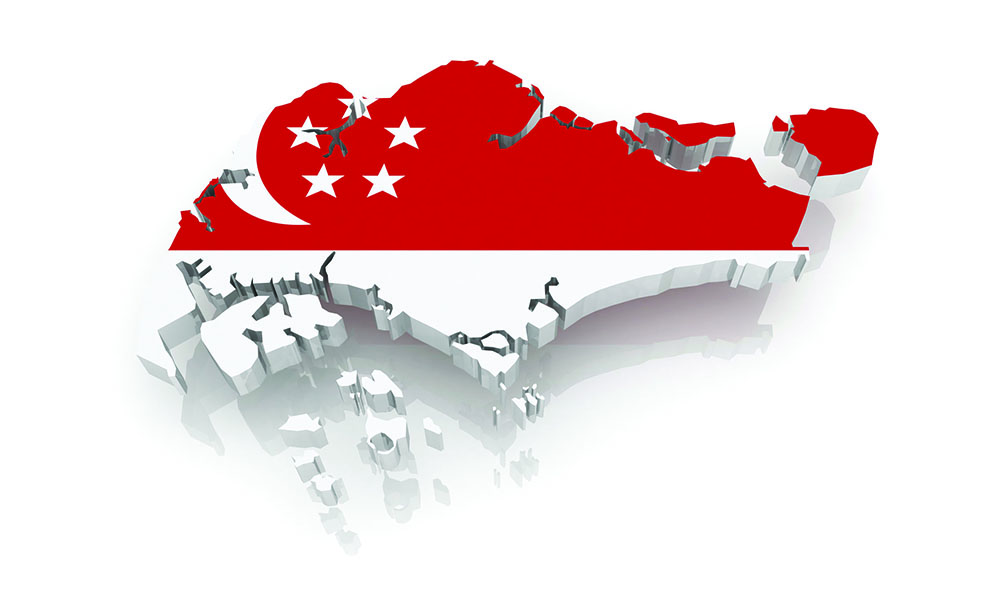By Dr Hu Naiwen
What is nutrition? The ancient Chinese understanding of “nutrition” is completely different from that of modern medicine.
In ancient China, the word for nutrition, yinyang (营养), was used as a verb instead of a noun. It was used to describe how a specific drug or food nourishes or benefits (有益) the body’s qi and blood.
Unlike modern concepts, Traditional Chinese medicine (TCM) does not understand ënutritioní as a noun. Instead, TCM advocates ënourishingí to reach a middle ground (中), or to achieve harmony and balance.
By contrast, modern medicine uses the word nutrition as a noun, whereby nutrition encompasses protein, fat, carbohydrates, vitamins, minerals and so on. This gave birth to the modern concept that protein, fat and so on are all “nutrients”, and the more one consumes of them the better.

Yet current research also indicates that overindulging in sugar causes obesity, high cholesterol, diabetes, fatty liver and other diseases. Consuming too much protein can lead to liver disease, kidney disease and calcium loss; likewise, eating too much fat can cause obesity, hardening of the arteries, colorectal cancer and breast cancer.
Unlike modern concepts, Traditional Chinese medicine (TCM) does not understand “nutrition” as a noun. Instead, TCM advocates “nourishing” to reach a middle ground (中), or to achieve harmony and balance. It involves supplementing what the body lacks. If the right food or medicine is given, that is considered nourishment. If the wrong food or medicine is given, that is not considered nourishment, and could even be poison.
When a traditional Chinese physician treats his patient, he aims to identify the “root cause” of an illness in order to treat it effectively. The root causes for illnesses can be categorised into:
1.external causes (such as wind, cold, damp, heat or dryness)
2.internal causes (emotions such as anger, joy, worry, grief, fear, anxiety, fright)
3.miscellaneous causes (such as poor diet control, fatigue, stress, poor sleep, addiction).
As such, if you consume any food in excess, isn’t that poor diet control (a miscellaneous cause)? Then, of course, it’s just a matter of time before you get sick.
Dr Hu Naiwen is a traditional Chinese physician at the Shanghai Tong De Chinese Medicine Hall in Taipei City with over 30 years of clinical experience in traditional Chinese medicine.
He is the first Chinese physician and the fifth person in the world to cure a patient’s maxillofacial melanoma. He has also used traditional Chinese methods to help patients with bleeding in the brain to recover within minutes.
Currently, Dr Hu runs his own health programme on NTD Television, the largest global Chinese television station, and has a special column and hotline on Sound of Hope Radio Station. Dr Hu has also travelled around the world to deliver speeches introducing Chinese medicine to a wide audience.
His motto is, “To prevent diseases before they happen; to recover quickly without taking large quantities of drugs should diseases happen.”
















